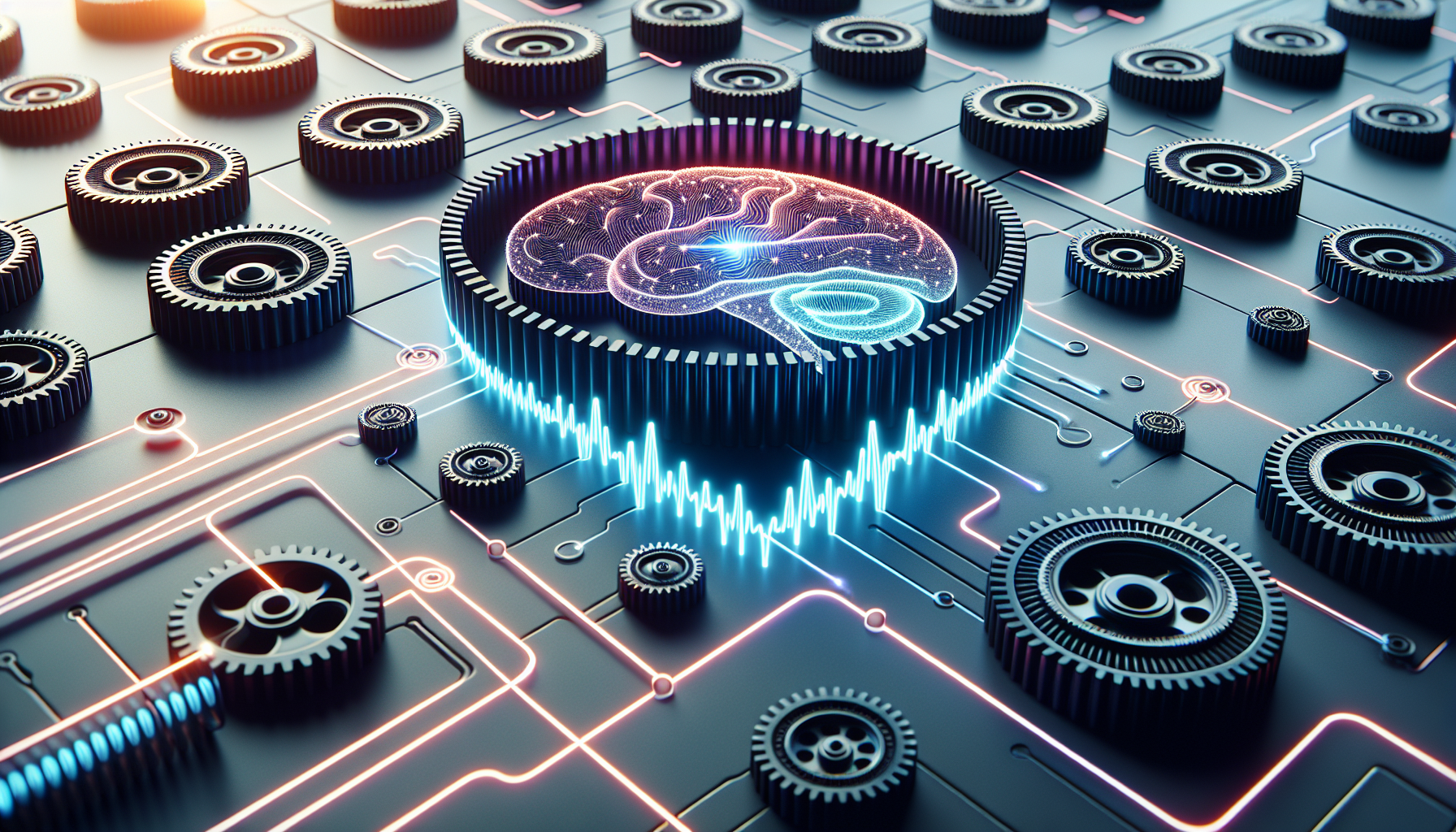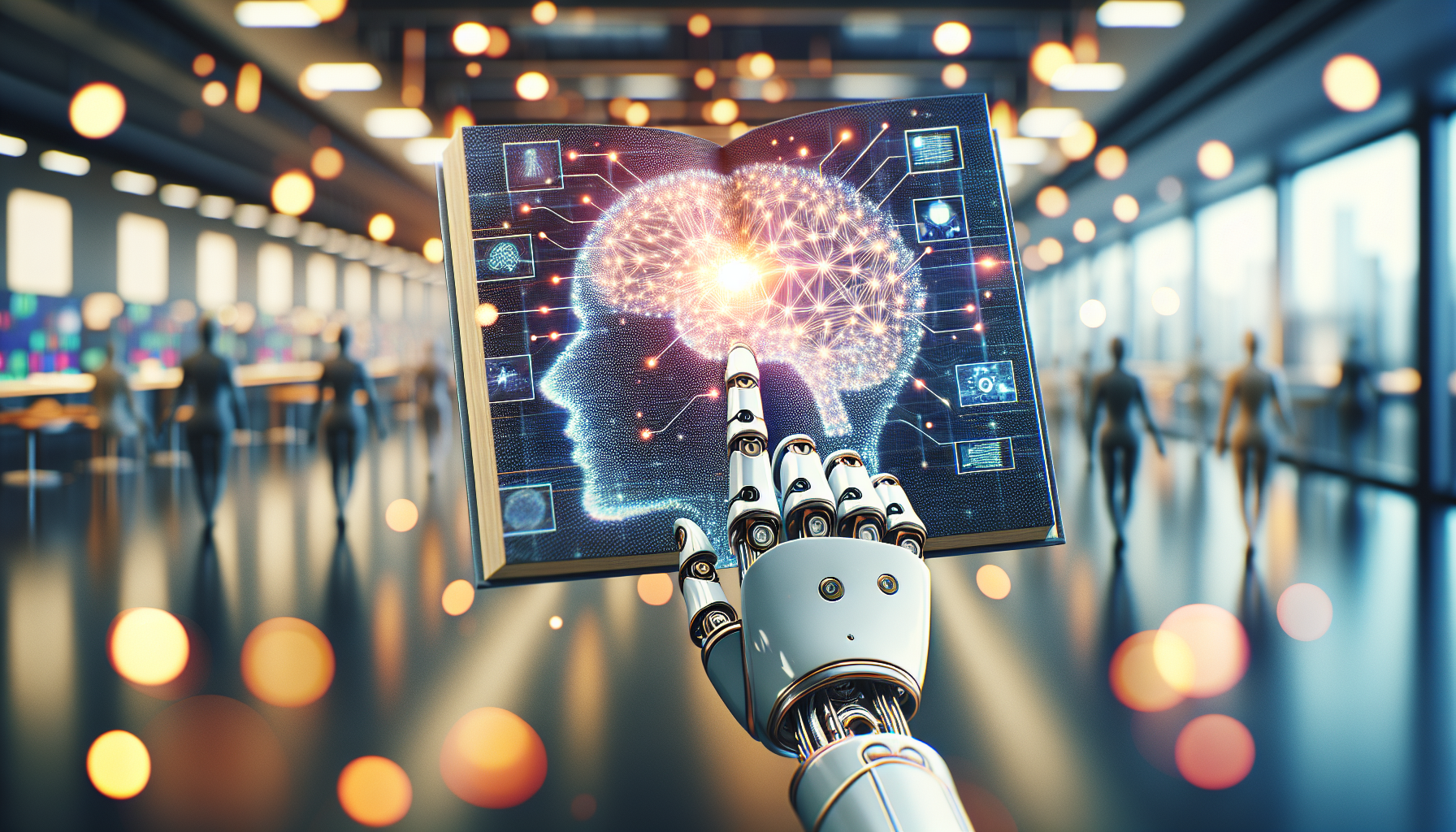
Smart Homes and AI: How Technology Is Transforming Our Living Spaces
August 15, 2025
Imagine waking up in the morning, and as you step out of bed, the blinds automatically open to let in the perfect amount of sunlight. Your smart speaker gently plays your favorite tunes while the coffee machine whirs to life, brewing the ideal cup of coffee. This isn't a scene from a science fiction movie—it's a glimpse into the world of smart homes powered by artificial intelligence.
The concept of smart homes isn't new, but the integration of AI has propelled this idea to exciting new heights. With AI, your home becomes more than just a space; it turns into a responsive environment that adapts to your lifestyle. The trend of AI-enhanced smart homes is reshaping how we think about daily living, offering convenience, efficiency, and even sustainability.
One of the standout features of AI in smart homes is its ability to learn and predict. Over time, AI systems can analyze patterns in your behavior and preferences. For instance, if you consistently adjust the thermostat around a particular time, AI can start doing it for you, ensuring your home is always at your preferred temperature without you lifting a finger. This level of personalization was once the realm of futuristic dreams but is now becoming a standard expectation.
Security is another area where AI is making a significant impact. Smart cameras equipped with AI can distinguish between a family member and an intruder, reducing false alarms and enhancing security. These systems can send real-time alerts to your smartphone, keeping you informed no matter where you are. It's reassuring to know that your home is under the watchful eye of intelligent technology, capable of learning and reacting to unusual activities.
Energy management is also being revolutionized by AI. Smart grids and AI-powered devices can optimize energy consumption, reducing waste and lowering bills. Imagine a home that dims the lights when no one is in the room or adjusts the heating based on the weather forecast. Such innovations contribute not only to personal savings but also to broader environmental goals by reducing carbon footprints.
Yet, the adoption of AI in smart homes isn't without its challenges. Privacy concerns are at the forefront of discussions around AI technology. The idea of having devices that constantly learn about your habits can be unsettling. Manufacturers are addressing these concerns by implementing robust security measures and giving users more control over their data. Transparency about how data is collected and used is crucial to gaining and maintaining consumer trust.
Moreover, the evolution of AI in smart homes is fostering inclusivity. For individuals with disabilities, AI offers unprecedented levels of independence. Voice-activated systems can control lighting, appliances, and even doors, making daily tasks more manageable. This trend towards inclusive design demonstrates how technology can bridge gaps and enhance quality of life for everyone.
The smart home market is growing rapidly, with tech companies continually innovating to offer more advanced features. However, the question remains: how do we ensure these technologies remain accessible and beneficial to all? As AI becomes more ingrained in our living spaces, ongoing dialogue between technologists, policymakers, and consumers will be essential to navigate the ethical considerations and ensure equitable access.
In our increasingly connected world, smart homes powered by AI are not just a luxury; they're becoming a part of everyday life. As these technologies continue to evolve, they hold the promise of transforming our living spaces into intelligent environments that cater to our needs, preferences, and even our well-being.
As we look to the future, one can't help but wonder: How will the next wave of AI-driven innovations redefine our relationship with our homes? Will our living spaces become seamless extensions of ourselves, anticipating our needs before we even voice them? The potential is vast, and the journey is just beginning.


